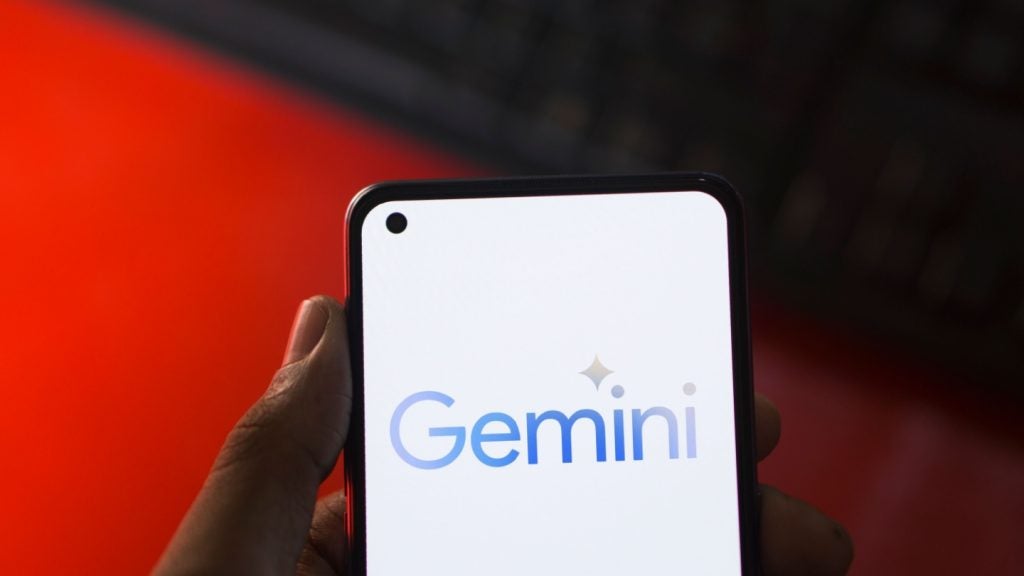
Born between 1997 and 2012, Gen Z is entering the workplace, disrupting a range of industries and challenging company priorities with new attitudes to productivity, digital life and wealth.
In part as a result of facing worse economic circumstances than their parents and having experienced global lockdowns in their youth, the generation is driving new trends like the Great Resignation in the West and the tang ping principle in China.
Gen Z is also the first generation to grow up digitally literate, making the online world an inextricable part of life – both personal and professional. From influencer lifestyles and cancel culture to virtual escapes and the metaverse, the way Gen Z uses the internet is unlike that of any previous generation.
Ahead of GlobalData’s Gen Z: the most disruptive generation ever webinar on Thursday (30 November), company analysts Martina Raveni and Amna Mujahid answered questions about the disruptive generation.
Why is Gen Z seen as disruptive?
Gen Z is coming of age and by 2025 this new cohort will constitute over 27% of the global workforce. They are set to experience history’s biggest wealth transfer, accounting for $8.6trn within the next 10 years. This will shape and disrupt all industries as their sphere of influence increases.
This young cohort has very different experiences, habits, values, economic activities, and social behaviors in comparison to prior generations. Indeed, Gen Zers emphasize a work-life balance, diversity, inclusion, and personal growth. Gen Z also both inform online trends and are greatly influenced by them.
How well do you really know your competitors?
Access the most comprehensive Company Profiles on the market, powered by GlobalData. Save hours of research. Gain competitive edge.

Thank you!
Your download email will arrive shortly
Not ready to buy yet? Download a free sample
We are confident about the unique quality of our Company Profiles. However, we want you to make the most beneficial decision for your business, so we offer a free sample that you can download by submitting the below form
By GlobalDataFor all these reasons, Gen Z is a disruptive force and companies that do not align with Gen Z’s values and spending habits will face growing obstacles.
How do Gen Z work trends differ from other generations?
Gen Z has made a big splash in the workplace. Some have complained that Gen Z lacks a robust work ethic, while others praise their efforts to prioritize a work-life balance. Among these new workers, there is diversity of thought, but key similarities exist in their workplace behaviors and expectations. For example, the majority of Gen Zers prefer joining companies that are mission-driven while looking after the wellbeing of their employees, communities, and the habitats in which they operate.
Droves of Gen Zers entered the workforce during the Covid-19 pandemic, a time of great uncertainty and enforced remote working. Following the end of the pandemic, homeworking has evolved into hybrid working. Gen Zers are key supporters of hybrid working in which social work relationships can be fostered but the option of working from home is also available.
To attract this new cohort of workers, companies must make workplace flexibility central to their operations. This means investing in collaboration technologies, exploring asynchronous working, flexible schedules and even a four-day work week.
As changes occur in workplaces, so does the measure of what makes a good employee. This will especially impact Gen Zers as they enter the workforce. For decades, the hours an employee put in were seen as a critical signifier of their value in the eyes of their employer. Those who burned the midnight oil were seen as role models for their work ethic and rewarded accordingly.
However, with technologies that enable increased working flexibility and Gen Z’s demand for a work-life balance, employee performance is shifting to be measured by project outputs rather than by attendance alone. A shift Gen Z greatly supports as they become disillusioned with the mantra of ‘above and beyond’.
What forms of entertainment are popular among Gen Z?
Gaming and esports are at the heart of entertainment for Gen Z. They use video games like Fortnite, Minecraft, and Among Us for both the gameplay experience and to connect with their friends, a trend which intensified during the pandemic. The practice of streaming and watching gameplay on platforms like Twitch and YouTube is popular.
There is also increased uptake of esports, watched by nearly half a billion people worldwide. Interestingly, these technologies offer Gen-Zers a sort of virtual escape from the real world where they are free to be themselves, experiment with their identities, and create new relationships. Gen Z’s appetite for immersive, community-led, and escapist entertainment will continue to grow among this digital-first generation.
How has social media transformed with the advent of Gen Z users?
Transcending national boundaries, Gen Z has a large impact on the digital space, informing online trends and being greatly influenced by them. While many generations use social media, it is Gen Z’s native domain. In using social media, Gen Z interacts with online influencers daily. With influencer culture comes the influencer advertising industry that enables millions to earn six-figure salaries from content creation.
Since 2020, influencer culture has entered a new stage of maturity. An entire generation of early influencers is retiring, and social media platforms, such as YouTube, have introduced creator training programs to develop the influencers of tomorrow. With the industry’s growing maturity, viewers are more critical of their parasocial relationships with influencers. The “cancelling” of harmful creators is commonplace, and viewers demand new standards for disclosing advertising.
Consequently, influencers must work harder to prove their authenticity to viewers which has led to the greater popularity of micro-influencers that thoughtful build a dedicated fanbase. However, despite these drive for truth and authenticity, new ways of submerging advertising within content creation continue to emerge to target Gen-Zers. For example, the recent trend of “de-influencing” began as a response to overconsumption, e.g., of fast fashion, but has morphed into another way to sell dupe products and experiences.
GlobalData’s Gen Z: the most disruptive generation ever webinar on Thursday (30 November) will explore the global distribution of Gen Z, the wealth it is set to inherit and key trends it is driving.





